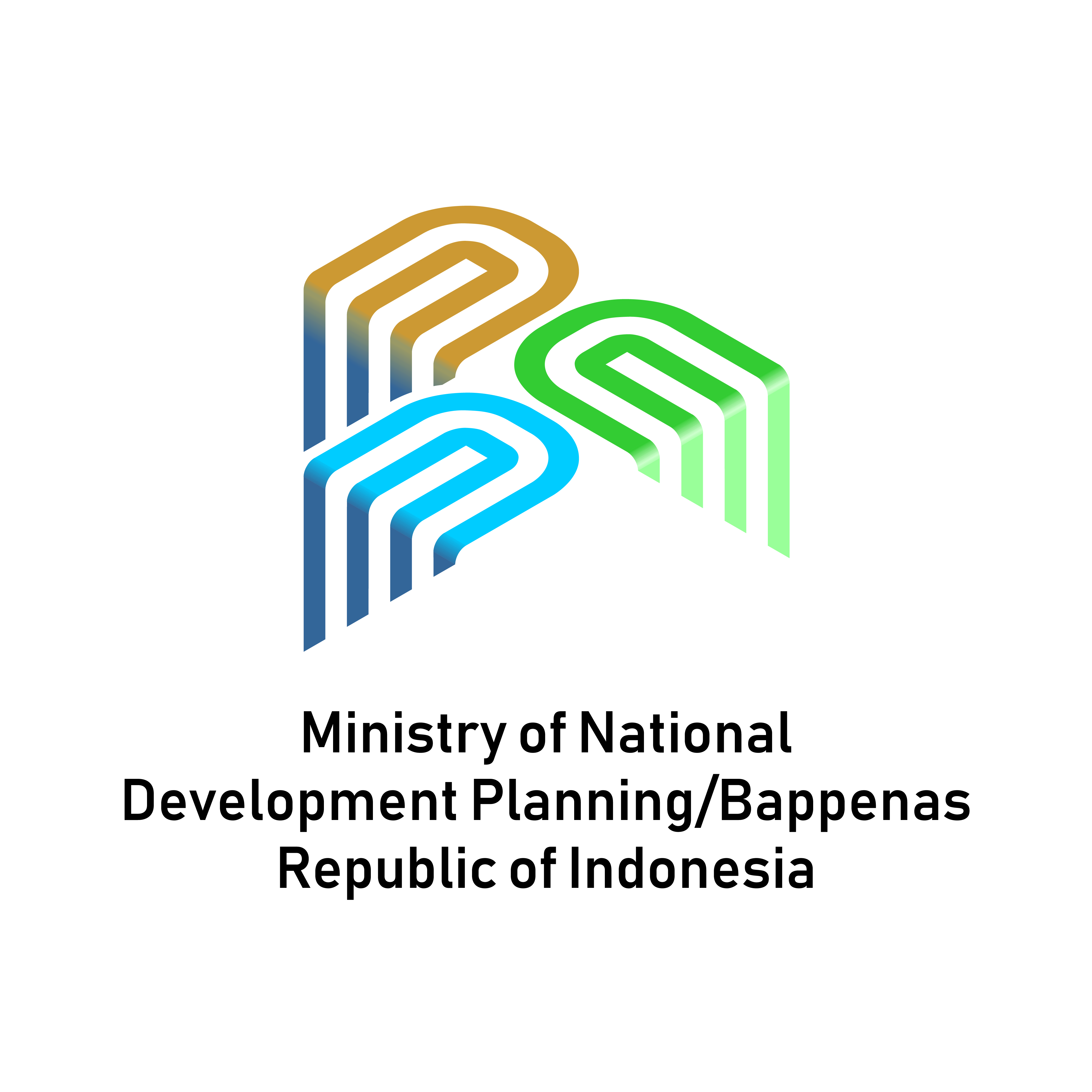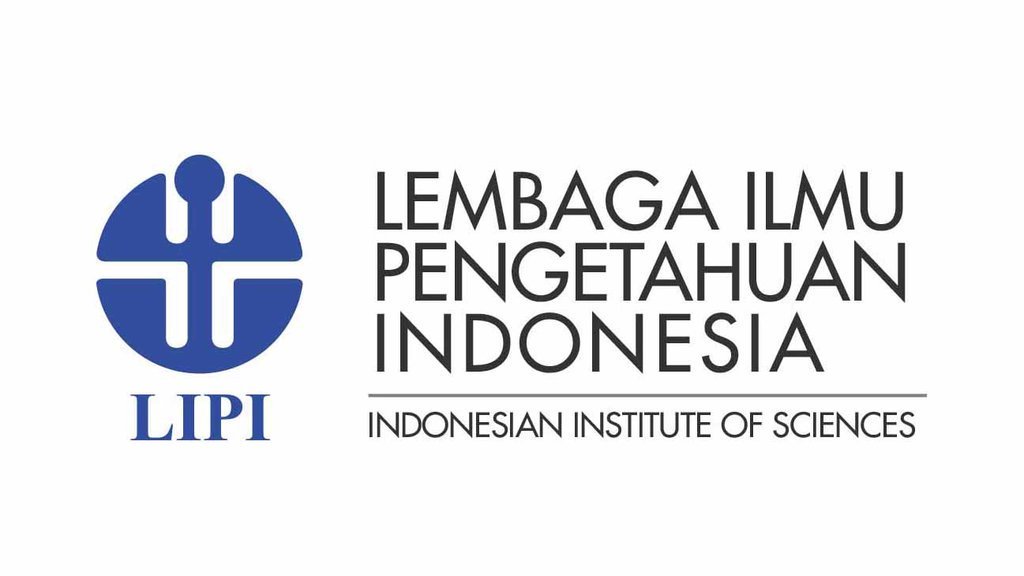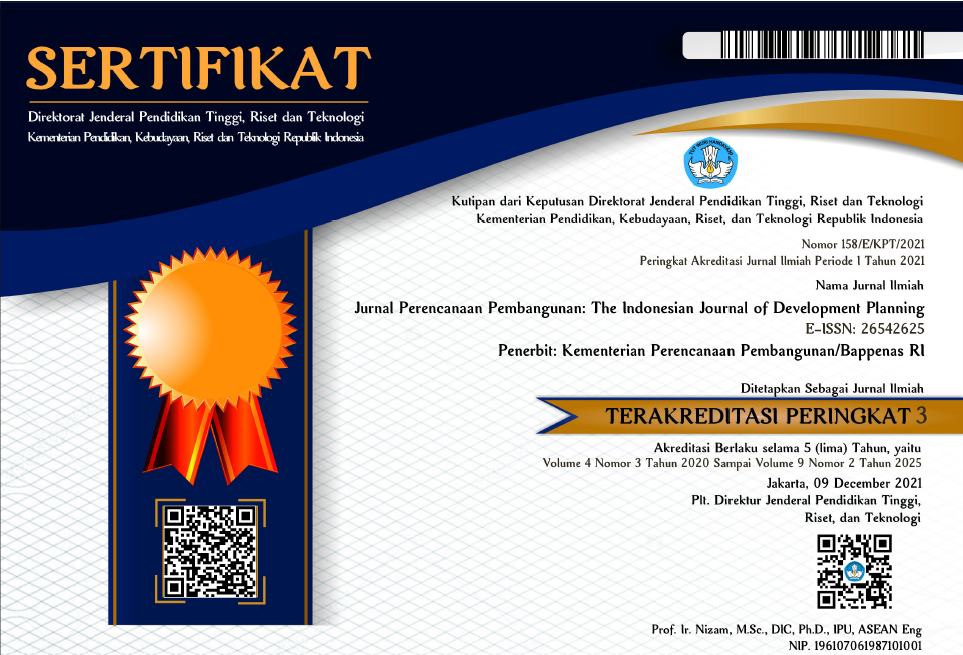Special Economic Zones (SEZs) Impact on Poverty in Indonesia
DOI:
https://doi.org/10.36574/jpp.v7i2.473Keywords:
poverty, Special Economic Zones, synthetic controlAbstract
Special Economic Zones (SEZs) have been implemented in Indonesia to promote economic development and attract foreign investment. In economic literature, there is still debate, as the available literature still needs to provide a clear conclusion on how place-based policies such as SEZs can affect well-being. The synthetic control method is employed in this study to examine the impact of SEZs on poverty rates at both the district and city levels using data from 2005 to 2021. By delving into the relationship between SEZs and poverty, this study seeks to shed light on the effectiveness of SEZs in addressing poverty in local communities. It compares it with the counterfactual district/city, a synthetic of districts/cities that do not have SEZs in their region. The results of this study found that of the eight districts/cities that have SEZs, the existence of SEZs has a varying impact on poverty levels, with an increase in poverty in four districts/cities and a decrease in poverty in the other four districts/cities, the study also reveals the complexity of the social impacts of place-based policies like SEZs.
Downloads
References
Abadie, A., Diamond, A., & Hainmueller, J. (2015). Comparative Politics and the Synthetic Control Method. American Journal of Political Science, 59(2), 495–510. https://doi.org/10.1111/ajps.12116
Abadie, A., & Gardeazabal, J. (2003). The Economic Costs of Conflict: A Case Study of the Basque Country.
Aggarwal, A. (2007). Aggarwal, Aradhna Impact of Special Economic Zones on Employment, Poverty and Human Development. http://hdl.handle.net/10419/176213
Aggarwal, A. (2010). Economic impacts of SEZs: Theoretical approaches and analysis of newly notified SEZs in India.
Aggarwal, A. (2012). SEZ-led growth in Taiwan, Korea, and India implementing a successful strategy. Asian Survey, 52(5), 872–899. https://doi.org/10.1525/AS.2012.52.5.872
Aggarwal, A., & Kokko, A. (2021). SEZs and poverty reduction: evidence from Andhra Pradesh, India. International Journal of Emerging Markets. https://doi.org/10.1108/IJOEM-03-2019-0234
Alkon, M. (2018). Do special economic zones induce developmental spillovers? Evidence from India’s states. World Development, 107, 396–409. https://doi.org/10.1016/j.worlddev.2018.02.028
Brussevich, M. (2020). The Socio-Economic Impact of Special Economic Zones: Evidence from Cambodia. https://ssrn.com/abstract=3721194
Ciccone, A. (1998). Agglomeration efects in Europe. European Economic Review, 46, 213–227.
Cipta, H. (2017). Kawasan Ekonomi Khusus dan Potensi Pariwisata Provinsi Kepulauan Bangka Belitung. Tawshiyah, 12(1).
Cunningham, S. (2018). Causal Inference: The Mixtape: Vol. V 1.7 (V 1.7). tufte-latex.googlecode.com.
Duranton, G., & Puga, D. (2004). MICRO-FOUNDATIONS OF URBAN AGGLOMERATION ECONOMIES. https://doi.org/10.1016/S0169-7218(04)07048-0
Frick, S. A., Rodríguez-Pose, A., & Wong, M. D. (2019). Toward Economically Dynamic Special Economic Zones in Emerging Countries. Economic Geography, 95(1), 30–64. https://doi.org/10.1080/00130095.2018.1467732
Frick, S., & Rodríguez-Pose, A. (2019). Are special economic zones in emerging countries a catalyst for the growth of surrounding areas? Transnational Corporations, 26(2), 75–94.
Giang, L. T., Nguyen, C. V., & Tran, T. Q. (2016). Firm agglomeration and local poverty reduction: Evidence from an economy in transition. Asian-Pacific Economic Literature, 30(1), 80–98. https://doi.org/10.1111/apel.12131
Haryanto, J. T. (2018). Is The Curse Of Natural Resorces Occuring In Indonesia? In Jurnal BPPK (Vol. 11, Issue 1).
Henderson, V. J. (2003). Marshall’s scale economies. Journal of Urban Economics, 53(1), 1–28. https://doi.org/10.1016/S0094-1190(02)00505-3
Ilmma, A. (2017). Apakah Kemiskinan Menurun Pasca Pemekaran? Studi Empiris Tingkat Kabupaten/Kota di Indonesia.
Iqbal, A., Mustafa, G., Tahir Naveed, R., Usman, M., & Zafar, M. (2020). SPILLOVER EFFECTS OF POPULATION AGGLOMERATION AND POVERTY REDUCTION IN PUNJAB (Vol. 7, Issue 3). http://epistemology.pk/
Junida, A. I. (2022). Kemenko Perekonomian: 19 KEK serap investasi Rp106,6 Triliun. Antara News. https://www.antaranews.com/berita/3306515/kemenko-sebut-19-kek-serap-investasi-rp1066-triliun
Kathuria, V. (2016). What Causes Agglomeration-Policy or Infrastructure? A Study of Indian Organised Manufacturing. Economic & Political Weekly.
Ladd, H. F. (1994). Spatially Targeted Economic Development Strategies: Do They Work? In Cityscape (Vol. 1, Issue 1).
Le, T. Y., Pham, V. H., Cu, T. T., Pham, M. H., & Dao, Q. T. (2020). The effect of industrial park development on people’s lives. Management Science Letters, 10(7), 1487–1496. https://doi.org/10.5267/j.msl.2019.12.018
Loayza, N., Mier, A., & Rigolini, T. J. (2013). Poverty, Inequality, and the Local Natural Resource Curse.
Lu, Y., Wang, J., & Zhu, L. (2019). American Economic Association Place-Based Policies, Creation, and Agglomeration Economies. 11(3), 325–360. https://doi.org/10.2307/26754075
Maftuhah, T. (2017). Dampak Pembangunan KEK Tanjung Lesung Terhadap Pertumbuhan UMKM.
Makalew, V. N., Masinambouw, V. A. J., & Walewangko, E. N. (2017). Analisis Kontribusi Kawasan Ekonomi Khusus (Kek) Terhadap Struktur Perekonomian Sulawesi Utara.
Marshall, A. (1920). Principles of Economics. Macmillan and Co., Ltd.
Mcclelland, R., & Mucciolo, L. (2022). An Update On The Synthetic Control Method As A Tool To Understand State Policy.
Meydianawathi, L. G., & Setyari, N. P. W. (2018). Effectiveness of Household-Based Poverty Programs: Lesson Learn from Indonesia. Jurnal Ekonomi Pembangunan: Kajian Masalah Ekonomi Dan Pembangunan, 19(2). https://doi.org/10.23917/jep.v19i2.5230
Mukherjee, A., Pal, P., Deb, S., Ray, S., & Goyal, T. M. (2016). Special Economic Zones in India Status, Issues and Potential. India Studies in Business and Economics. http://www.springer.com/series/11234
Neumark, D., & Simpson, H. (2015). Place-Based Policies. In Handbook of Regional and Urban Economics (Vol. 5, pp. 1197–1287). Elsevier B.V. https://doi.org/10.1016/B978-0-444-59531-7.00018-1
Nuraini, I., & Hariyani, H. F. (2019). Quality Economic Growth as an Indicator of Economic Development. Jurnal Ekonomi Pembangunan: Kajian Masalah Ekonomi Dan Pembangunan, 20(1), 80–86. https://doi.org/10.23917/jep.v20i1.7104
Obeng-Odoom, F. (2012). Problematising the Resource Curse Thesis. And Society, 41(1), 1–29. https://doi.org/10.2307/deveandsoci.41.1.1
OECD. (2017). Tracking Special Economic Zones in the Western Balkans: Objectives, Features and Key Challenges.
Picarelli, N. (2016). Who really benefits from export processing zones? Evidence from Nicaraguan municipalities. Labour Economics, 41, 318–332. https://doi.org/10.1016/j.labeco.2016.05.016
Putra, F. A. (2022). Analisis Implementasi Kawasan Ekonomi Khusus Galang Batang Di Kabupaten Bintan.
Rahma, H., Fauzi, A., Juanda, B., Widjojanto, B., Ekonomi, F., Manajemen, D., & Pertanian Bogor, I. (2021). Fenomena Natural Resource Curse dalam Pembangunan Wilayah di Indonesia Natural Resource Curse Phenomenon in Regional Development in Indonesia. Jurnal Ekonomi Dan Pembangunan Indonesia, 21(2), 148–163.
Reynolds, C. L., & Rohlin, S. M. (2015). The effects of location-based tax policies on the distribution of household income: Evidence from the federal Empowerment Zone program. Journal of Urban Economics, 88, 1–15. https://doi.org/10.1016/j.jue.2015.04.003
Richardson, H. W. (1995). Economies and Diseconomies of Agglomeration. In Urban Agglomeration and Economic Growth (pp. 123–155).
Ridena, S., Nurarifin, N., Hermawan, W., & Komarulzaman, A. (2021). Testing the Existence of Natural Resource Curse in Indonesia: The Role of Financial Development. Jurnal Ekonomi & Studi Pembangunan, 22(2), 213–227. https://doi.org/10.18196/jesp.v22i2.10977
Rika, H. (2019). Menko Darmin Akui Kawasan Ekonomi Khusus Tak Memuaskan. CNN Indonesia. https://www.cnnindonesia.com/ekonomi/20191010141320-92-438405/menko-darmin-akui-kawasan-ekonomi-khusus-tak-memuaskan
Rosenthal, S. S., & Strange, W. C. (2003). GEOGRAPHY, INDUSTRIAL ORGANIZATION, AND AGGLOMERATION.
Rosenthal, S. S., & Strange, W. C. (2004). Evidence on The Nature and Sources of Agglomeration Economies. https://doi.org/10.1016/S0169-7218(04)07049-2
Rothenberg, A. D., & Temenggung, D. (2019). PLACE-BASED POLICIES IN INDONESIA: A CRITICAL REVIEW Time to ACT: Place-Based Policies in Indonesia A Critical Review.
Song, Y., Deng, R., Liu, R., & Peng, Q. (2020). Effects of special economic zones on fdi in emerging economies: Does institutional quality matter? Sustainability (Switzerland), 12(20), 1–21. https://doi.org/10.3390/su12208409
Sumargo, B., & Haida, R. N. (2020). Linkages between Economic Growth, Poverty and Environmental Quality in Indonesia. Jurnal Ekonomi Pembangunan: Kajian Masalah Ekonomi Dan Pembangunan, 21(1), 47–59. https://doi.org/10.23917/jep.v21i1.8262
Toussaint, E. (2020). Theoretical lies of the World Bank. www.cadtm.org/Theoretical-lies-of-the-World-Bank,2190
Trisniati, E., Cadith, J., & Sapto Nugroho, K. (2022). Collaborative Governance In Developing Special Economic Zone. Governansi, 8(1).
UNCTAD. (2019). World Investment Report 2019: Special Economic Zones. https://unctad.org/system/files/official-document/WIR2019_CH4.pdf
Wahyuni, S., Astuti, E. S., & Utari, K. M. (2013). CRITICAL OUTLOOK AT SPECIAL ECONOMIC ZONE IN ASIA: A COMPARISON BETWEEN INDONESIA, MALAYSIA, THAILAND AND CHINA 1. In Journal of Indonesian Economy and Business (Vol. 28, Issue 3).
Wang, J. (2013). The economic impact of Special Economic Zones: Evidence from Chinese municipalities. Journal of Development Economics, 101(1), 133–147. https://doi.org/10.1016/j.jdeveco.2012.10.009
Wibowo, S. A., & Parmansyah, P. S. S. (2018). Poverty Curse Hypothesis of Resource-Rich Regions, a Development Paradox in Indonesia. KnE Social Sciences, 3(10), 903. https://doi.org/10.18502/kss.v3i10.3181
Widianto, Y. W., & Yudhistira, M. H. (2021). Jurnal Anggaran dan Keuangan Negara Indonesia Special Economic Zones and Regional Economic Development: Empirical Evidence from Sei Mangkei SEZ. Jurnal Anggaran Dan Keuangan Negara Indonesia, 3(2). https://anggaran.e-journal.id/akurasi
Yunarni, B. R. T., & Haris, A. (2020). Pemberdayaan Perekonomian Masyarakat Melalui Pemberdayaan UMKM di Kawasan Ekonomi Khusus (KEK) Mandalika Lombok. Jurnal Ilmu Sosial Dan Pendidikan
Downloads
Published
How to Cite
Issue
Section
License
Copyright (c) 2023 Jurnal Perencanaan Pembangunan: The Indonesian Journal of Development Planning

This work is licensed under a Creative Commons Attribution-NonCommercial-ShareAlike 4.0 International License.
This is an open-access article distributed under the terms of the Creative Commons Attribution-NonCommercial-ShareAlike 4.0 International License. Copyright © Kementerian PPN/Bappenas RI


















